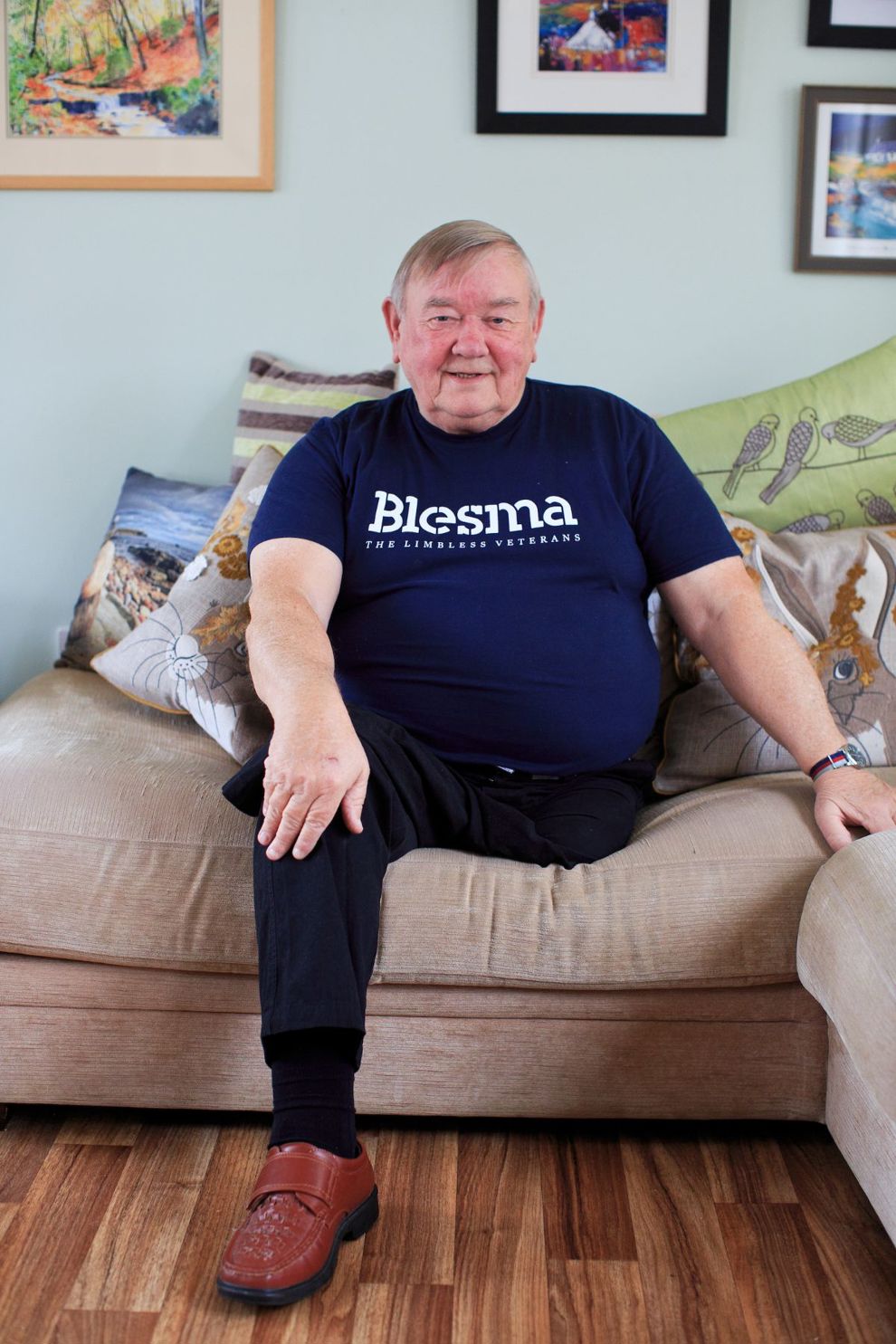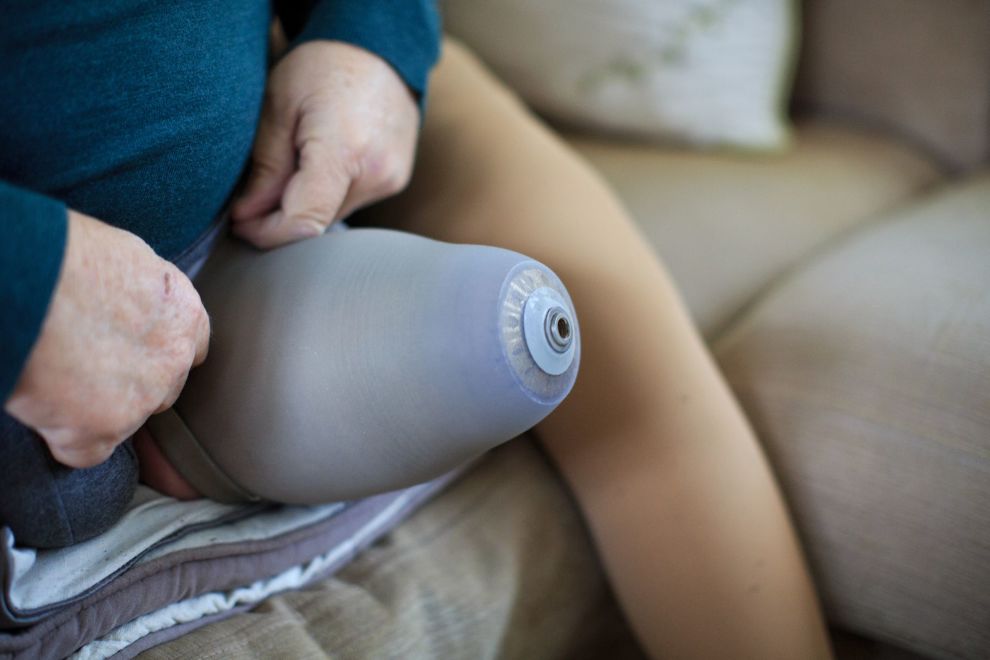Winter is here and, as the darker nights settle in, it is a timely opportunity to reflect on the year.
COVID-19 has impacted negatively on so many aspects of our daily lives, making the year challenging for everyone. Members have often had to draw on every ounce of their resilience to cope with the impact of the pandemic, and their fortitude has been immense.
I would like to highlight the work of the NHS Limb Service and broader NHS Services, and thank the staff who have continued to deliver support during extremely challenging times. Their dedication is inspirational.
I would also like to draw attention to those who have supported Blesma Members and the wider limb loss community over the last nine months. We know from Members’ feedback that, wherever possible, those most in need have been supported – often in very difficult circumstances. Innovative ways of working have been adopted and, as we continue to live and work in uncertain times, the commitment of those who care for us is unwavering.
As a result of lockdown, many organisations began to look for safe ways to continue their work and connect with each other. This has provided an opportunity for several charities that support people living with limbloss to collaborate by sharing ideas and information via video conferencing calls.
Blesma has joined with The Limbless Association, Steel Bones, The Douglas Bader Foundation, Finding Your Feet and LimbPower on regular monthly video calls hosted by Steel Bones. These have allowed us to better understand what each organisation does and who it supports. It has also been a chance for us to simply catch up and check in on each other, which has been welcome.
This informal group has started to work together, sharing access to online events and information where appropriate. This allows us to make sure we are all able to issue the same information where joint messaging is needed.
Many of the problems faced by people living with limb loss are not unique to a particular group – such as veterans or young people. A unified voice may have wider impact. However, where unique issues exist for our membership, we will continue to take the lead.

Phantom Limb Pain Study
Phantom Limb Pain is, unfortunately, something that almost all amputees will experience at some point. For some, it can be incredibly debilitating.
Blesma is a co-applicant on a new research study into possible treatment for Phantom Limb Pain that will begin next year. The study will be led by Guy’s & St Thomas’ NHS Foundation Trust Pain Research Department, under the chief investigator Dr Adnan Al-Kaisy. This will be the largest study of neuromodulation in Phantom Limb Pain, and the aim is to recruit 100 patients over two years across six sites in the UK from April 2021.
One treatment that can help with Phantom Limb Pain is the electrical stimulation of nerves to block abnormal pain signals. This is done by inserting small wires into the spine and connecting them to a battery under the skin. The wires deliver an electrical field over the spinal nerves that stop pain signals from reaching the brain.
There are two places in the spine where the wires can be situated; the main body of nerves (called the spinal cord), and the entrance of nerves from the limbs to the spinal cord (called the dorsal root ganglion).
The study aims to see if Phantom Limb Pain can be treated using a combination of electrical stimulation at the spinal cord and dorsal root ganglion. The researchers want to compare the treatment against a placebo electrode that will be placed under the skin away from any nerve tissue.

The patients will receive both implants, but only one will be activated. The stimulation uses a special waveform called burst that is not felt by the patients, so they cannot tell which group they are in. After six months, they will be able to switch groups if they have not experienced pain relief.
The outcomes will be measured at one, three, six, and 12-month intervals, with a focus on pain, medication usage, disability, use of prosthetic limbs, emotional wellbeing, general daily activity, health-related quality of life, and healthcare resources.
The results will hopefully change how Phantom Limb Pain is managed, and so will be shared with local and national NHS commissioners, patient groups and guideline makers such as NICE, as well as being published in various medical journals and literature.
The research team will also use medical conferences, patient groups, charities, and social media to further spread the findings. Watch this space for further information.
If you have a question or would like advice on any prosthetics issues, please contact BSO (Prosthetics) Brian Chenier at Blesma Chelmsford on 020 8548 7080 or at bsoprosthetics@blesma.org
We can help
We are dedicated to assisting serving and ex-Service men and women who have suffered life-changing limb loss or the use of a limb, an eye or sight. We support these men and women in their communities throughout the UK. Click the link below to find out the different kinds of support we offer.
Get Support
Leave a comment
Join fellow Members and supporters to exchange information, advice and tips. Before commenting please read our terms of use for commenting on articles.